Moscow smart city tourism transforms the visitor experience, blending cutting-edge technology with the city’s rich cultural heritage. From AI-powered navigation to interactive museum apps, Moscow leverages its Smart City 2030 strategy to make travel seamless and immersive. The Moscow CityPass enhances this, offering a Troika card for smart transport, digital guides for attractions, and discounts at tech-enabled venues. Therefore, this guide explores how Moscow’s innovative technologies elevate tourism, ensuring a memorable journey through its digital and historic landscapes in 2025.
Moscow’s Smart City Vision
Moscow’s journey to becoming a global smart city leader began in 2011 under Mayor Sergey Sobyanin, with annual investments of $600 million in digital infrastructure. The Smart City 2030 plan integrates AI, IoT, and 5G to streamline urban life, directly benefiting tourists. For instance, the city’s 99% 4G coverage and 2,000+ free Wi-Fi hotspots in parks and public transport ensure constant connectivity. Thus, visitors stay online effortlessly, accessing real-time information to navigate the Kremlin or book tours.
The Moscow CityPass taps into this ecosystem, providing a digital app with interactive maps and event schedules. Additionally, smart transport systems, like the Moscow Metro’s contactless payments, simplify travel. Because connectivity drives convenience, tourists can explore with ease, making Moscow smart city tourism a standout experience.
Smart Transport: Seamless City Navigation
The Moscow Metro, a marvel of ornate architecture, doubles as a smart transport hub, carrying over 7 million passengers daily with efficiency. Contactless payments via the Troika card, included with the Moscow CityPass, allow quick access to 250+ stations. For example, Yandex.Transport’s app provides real-time metro and bus schedules, helping tourists plan routes to Red Square or Luzhniki Stadium. Therefore, navigating Moscow’s sprawling layout becomes intuitive, even for first-time visitors.
Moreover, the city’s 2,000+ electric buses and Velobike app for bike rentals promote sustainable travel. Tourists can cycle along the Moskva River, using pass discounts for rentals (~150 RUB). Since traffic can snarl central areas, smart routing apps like Yandex.Maps reduce delays. Thus, Moscow smart city tourism ensures eco-friendly, efficient exploration.
Metro’s Digital Enhancements
The metro’s smart ticketing system lets tourists tap smartphones for fares, streamlining entry. Interactive digital maps at stations, often in English, guide visitors to landmarks like Saint Basil’s Cathedral. Additionally, the Moscow CityPass app suggests nearby attractions, such as Zaryadye Park, based on your station. Because accessibility matters, the metro offers audio guides via QR codes, enhancing cultural immersion. Plan a 1-2 hour metro tour to admire its art while leveraging smart navigation.
Digital Engagement at Cultural Sites
Moscow’s cultural landmarks embrace technology to enrich visitor experiences. The Kremlin’s Armoury Museum offers augmented reality (AR) tours via an app, letting tourists explore tsarist treasures virtually. For instance, scanning exhibits with the app reveals 3D models and historical facts, deepening engagement. Similarly, the State Historical Museum uses interactive touchscreens to narrate Russia’s past, from Viking origins to Soviet triumphs. Thus, Moscow smart city tourism blends history with innovation.
The Moscow CityPass provides discounted entry (~500 RUB) to these tech-enhanced museums. Because language barriers can challenge visitors, apps like Yandex.Translate offer real-time Cyrillic translations. Moreover, free Wi-Fi in Red Square ensures seamless access to these digital tools, making cultural exploration immersive and accessible.
Virtual Reality at VDNKh
VDNKh, Moscow’s exhibition park, attracts 25 million visitors annually with its tech-driven attractions. The Moscow Digital Twin, showcased at the Moscow Urban Forum, offers VR tours of restored pavilions, simulating a bike ride through the park’s 325 hectares. For example, visitors use VR headsets (~300 RUB, pass-discounted) to explore Soviet-era architecture virtually. Since the park is vast, the CityPass app maps optimal routes. Therefore, VDNKh’s digital features make it a highlight of Moscow smart city tourism, blending physical and virtual exploration.
Smart Crowd Management for Events
Moscow’s vibrant festivals, like the Moscow Urban Forum (August-September), benefit from smart crowd management. IoT sensors and 146,000+ CCTV cameras monitor crowd density in real time, ensuring safety at events like the Spasskaya Tower Festival. For instance, the Moscow CityPass app alerts tourists to less crowded times for events, enhancing comfort. Additionally, the Afisha app helps book tickets for concerts or theater, streamlining planning. Thus, smart systems make Moscow’s events accessible and enjoyable.
Because large crowds can overwhelm venues, AI-driven analytics guide visitors to quieter spots like Gorky Park during peak times. The pass’s digital guide suggests alternative routes, reducing congestion. Moreover, 5G networks, tested by Qualcomm in Moscow, ensure fast app updates during festivals. Therefore, Moscow smart city tourism optimizes event experiences, keeping visitors safe and informed.
Safe City Initiative’s Impact
The Safe City program, with 217,000 AI-powered cameras, enhances tourist safety by detecting suspicious activity in real time. While controversial for privacy, it has cut urban crime by 50% over the past decade, per city reports. For example, cameras at Bolshoi Theatre entrances ensure secure entry for performances. Since safety is a priority, the Moscow CityPass includes emergency contacts and maps to police stations. Thus, tourists explore confidently, supported by smart security.
Interactive Tourism with the Moscow CityPass
The Moscow CityPass is a cornerstone of Moscow smart city tourism, integrating technology for seamless travel. Priced at ~3,500 RUB for 1-5 days, it includes a Troika card, museum discounts, and a digital app with QR-code guides for 40+ attractions. For instance, scan a code at the Tretyakov Gallery to access audio tours in English, detailing masterpieces like Rublev’s icons. Additionally, the pass connects to the mos.ru portal, offering e-services like tour bookings. Therefore, it streamlines exploration, saving time and money.
The pass’s app also features real-time crowd data for sites like Zaryadye Park, helping tourists avoid busy hours. Because connectivity is key, free Wi-Fi in 2,000+ spots, including GUM, ensures constant access. Moreover, the app’s offline mode stores guides for areas with weak signals. Thus, the pass empowers tech-savvy travelers to navigate Moscow’s attractions effortlessly.
In.Visible Moscow: A Tech-Driven Tour
In.Visible Moscow, a cinematic walking tour (~3,500 RUB), reimagines sightseeing with AR headsets. Tourists follow a fictional journalist, Sasha, via audio guides in English, exploring Kitay-Gorod’s hidden alleys. For example, interactive stretches and dance sequences, guided by the headset, engage groups at historic sites. Since the tour is immersive, the CityPass offers discounts, making it affordable. Therefore, this innovative experience showcases how Moscow smart city tourism blends storytelling with technology.
Smart Healthcare for Travelers
Moscow’s Unified Medical Information Analysis System (UMIAS) supports tourists with free healthcare access, a boon for international visitors. The system allows online doctor appointments via the mos.ru portal, reducing clinic wait times. For instance, tourists can book a visit near their hotel using the CityPass app’s medical section. Because emergencies can arise, UMIAS integrates with ambulance services, ensuring quick response times. Thus, Moscow’s smart healthcare adds peace of mind for travelers.
The system’s AI-driven call center answers health queries in English, guiding visitors to nearby clinics. Additionally, 244 hospitals and 444 clinics employ 44,000+ doctors, ensuring robust care. Since language barriers can complicate medical visits, translation apps are recommended. Therefore, UMIAS enhances Moscow smart city tourism by prioritizing visitor well-being.
Environmental Monitoring for Comfort
Moscow’s 90 fixed and 12 mobile environmental stations monitor air, noise, and water quality, ensuring a healthy visit. Over 2.5 million annual water tests maintain tap water safety, vital for eco-conscious travelers. For example, the Moscow CityPass app displays air quality updates for parks like Sokolniki, helping tourists plan outdoor activities. Because nearly 50% of Moscow is green, these stations ensure parks remain pristine. Thus, smart environmental tech enhances the tourist experience.
Practical Tips for Tech-Savvy Travelers
To maximize Moscow smart city tourism, purchase the Moscow CityPass online at russiacitypass.com, selecting 1-5 days. Load 1,000 RUB on the Troika card for metro and bus travel to sites like VTB Arena. Use the pass’s app to track crowd levels at Gorky Park or book VR tours at VDNKh. For instance, download Yandex.Transport and Afisha for real-time transit and event updates. Because connectivity is crucial, connect to free Wi-Fi in Red Square or metro stations.
Pack a power bank for constant device use, and carry cash (~500 RUB) for small vendors. Since autumn (September-October) offers mild weather, it’s ideal for outdoor exploration. Moreover, use Invataxi (+7 495 580-64-22) for accessible transport. Learn phrases like “gde Wi-Fi?” (where’s Wi-Fi?) to ask locals. Therefore, plan visits with digital tools for a seamless experience.
Packing for a Smart City Adventure
Bring a lightweight charger for AR tours, a raincoat for autumn showers, and comfy shoes for walking tours like In.Visible Moscow. Additionally, pack a reusable water bottle, as tap water is safe per city tests. Since apps are essential, ensure your phone has storage for Yandex and CityPass apps. Store digital tickets in the pass app to avoid paper waste. Thus, smart packing enhances your tech-driven trip.
Navigating with Smart Tools
Avoid peak metro hours (8-10 AM, 5-7 PM) for smoother travel, and use Yandex.Maps for real-time routing to Bolshoi Theatre. For example, check accessibility at museums via +7 495 629-1010, as some lack ramps. Since English signage is limited, rely on Yandex.Translate for Cyrillic. Respect cultural sites by keeping voices low, and tip 5-10% at cafes. Therefore, smart navigation ensures efficient exploration.
Проблемы, к которым следует подготовиться
Moscow’s smart systems, while advanced, have quirks. Free Wi-Fi may drop in crowded areas like Red Square, so download offline maps. Language barriers persist at smaller venues, requiring translation apps. Additionally, Safe City’s 217,000 cameras raise privacy concerns, though they enhance safety. Because tickets for tech tours sell out, book early via mos.ru. Moreover, autumn rain can disrupt outdoor plans, so check forecasts. Thus, preparation mitigates these challenges.
Conclusion: Moscow’s Tech-Enhanced Tourism Awaits
Moscow smart city tourism, from the metro’s smart ticketing to VDNKh’s VR tours, redefines travel with technology. The Moscow CityPass unlocks these innovations with transport ease, discounts, and digital guides, ensuring a seamless journey. Whether exploring the Kremlin with AR or navigating festivals with crowd apps, Moscow blends heritage with high-tech allure. Therefore, grab your Moscow CityPass and experience Russia’s capital as a smart city pioneer in 2025.

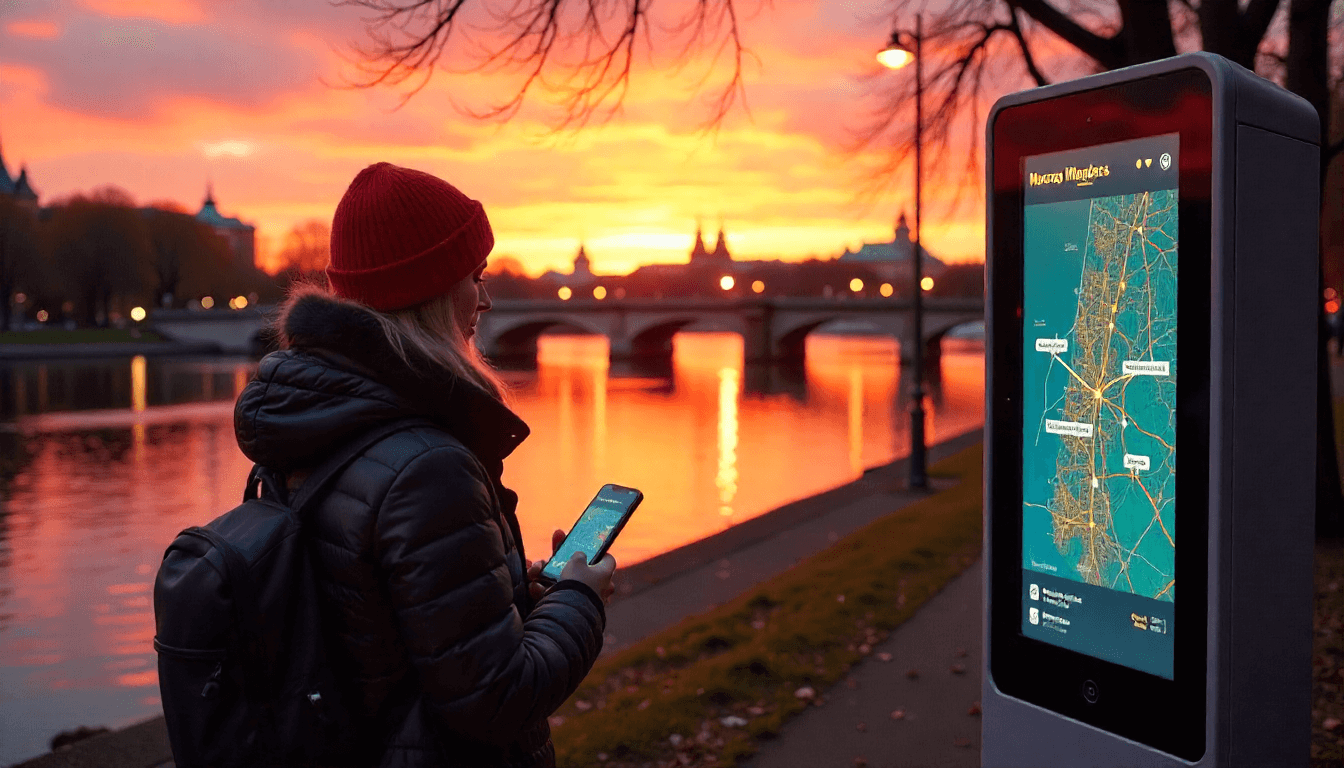 Особенности "Умного города" Москвы: как технологии улучшат туризм в 2025 году">
Особенности "Умного города" Москвы: как технологии улучшат туризм в 2025 году">

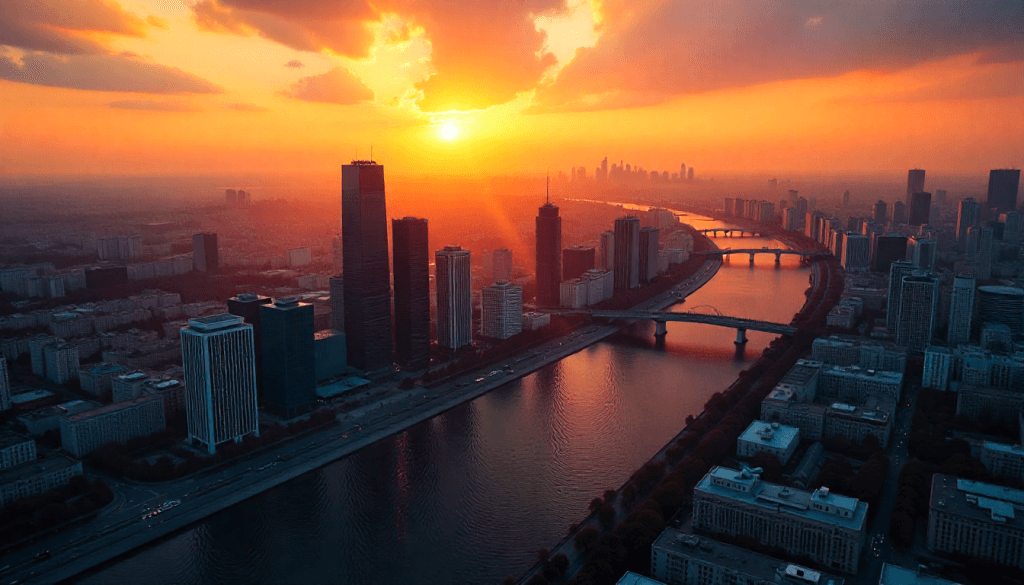 Аэросъемка в Москве: легальные места и потрясающие виды с воздуха">
Аэросъемка в Москве: легальные места и потрясающие виды с воздуха">
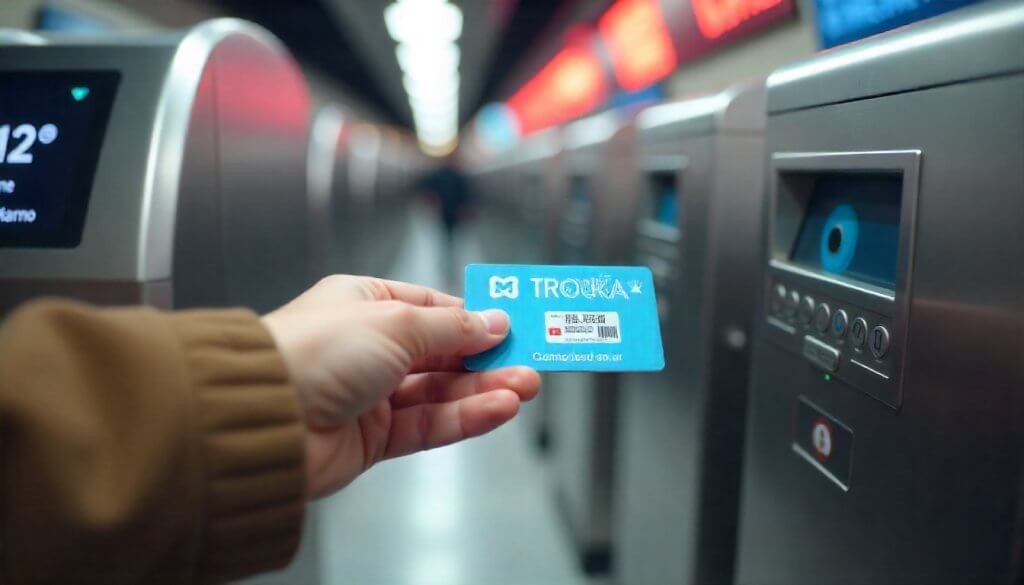 Moscow Pass и Apple Pay: удобство цифровых путешествий">
Moscow Pass и Apple Pay: удобство цифровых путешествий">
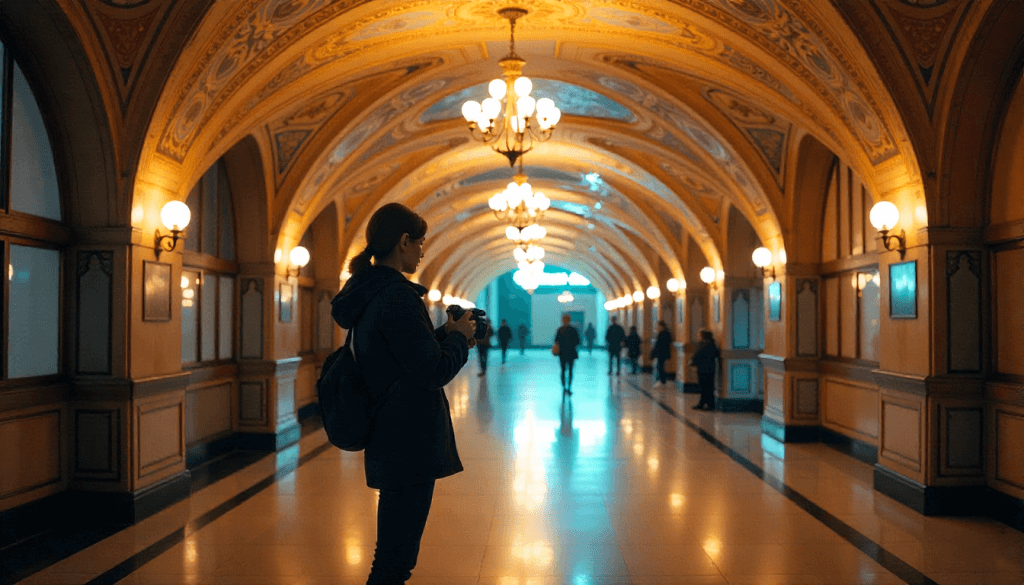 Инстаграмная Москва: идеи для фотоворкшопов для соцсетей">
Инстаграмная Москва: идеи для фотоворкшопов для соцсетей">
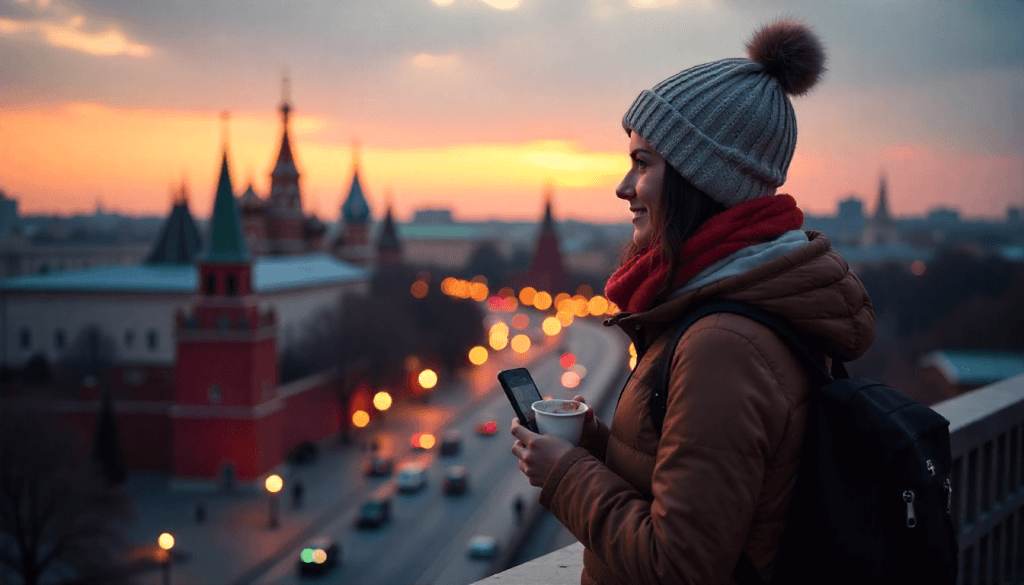 Крыши Москвы: Секретные смотровые площадки и головокружительные приключения в 2025 году">
Крыши Москвы: Секретные смотровые площадки и головокружительные приключения в 2025 году">
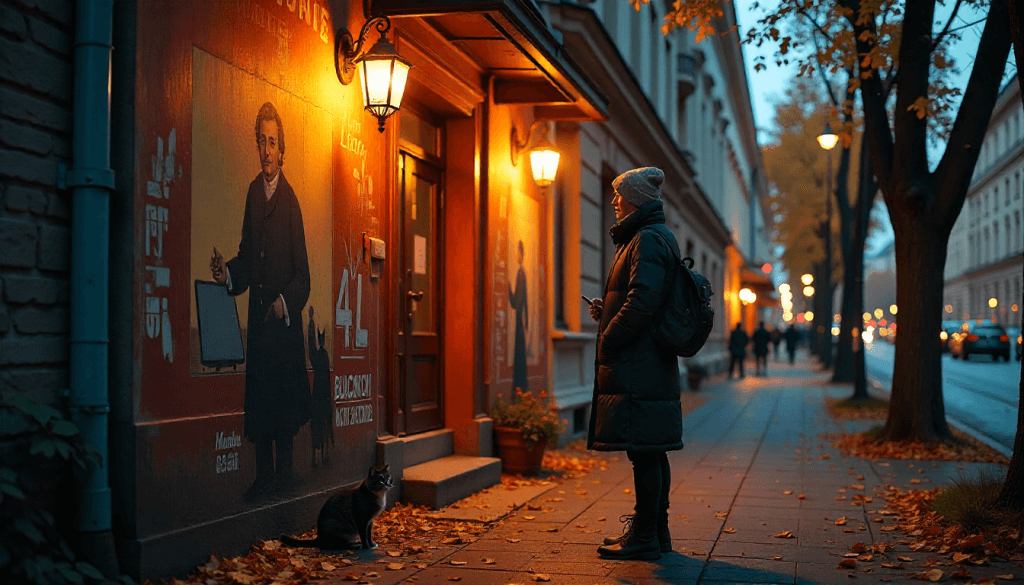 Скрытая Москва: неизведанные места, которые вам откроет ваш пропуск в 2025 году">
Скрытая Москва: неизведанные места, которые вам откроет ваш пропуск в 2025 году">
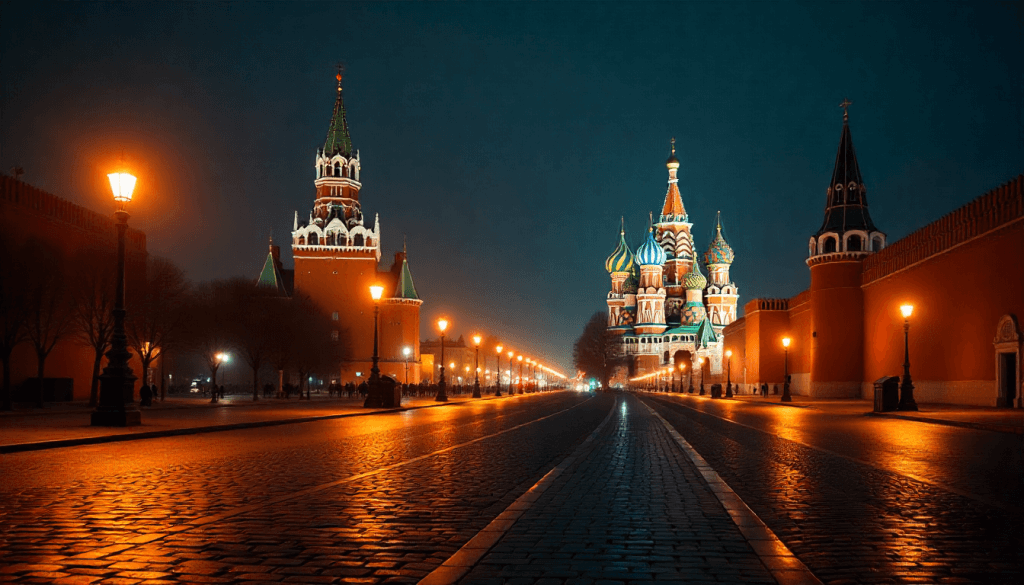 Москва после полуночи: ночные развлечения и круглосуточные возможности">
Москва после полуночи: ночные развлечения и круглосуточные возможности">
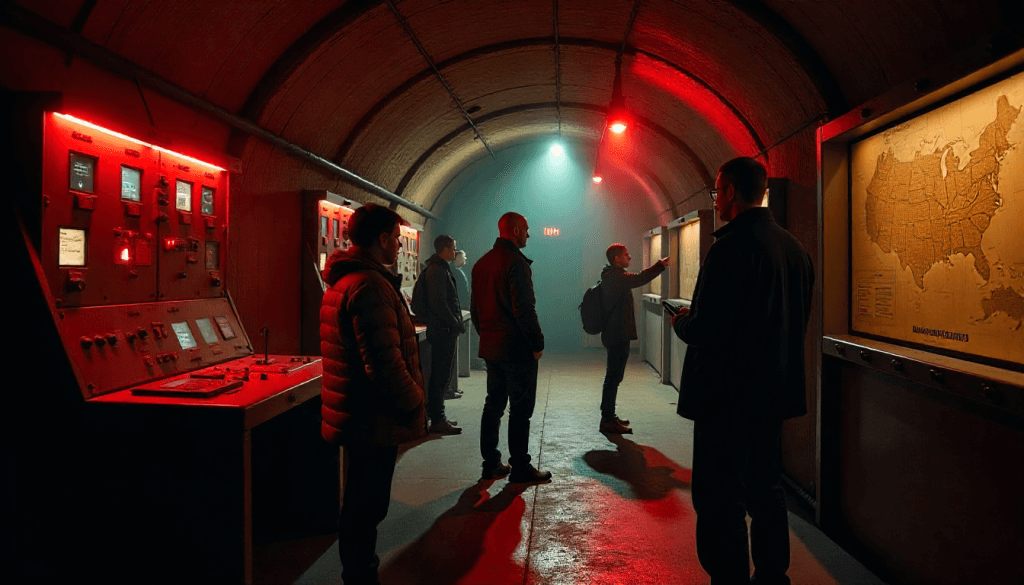 Индустриальный туризм в Москве: экскурсии на заводы и производственное наследие">
Индустриальный туризм в Москве: экскурсии на заводы и производственное наследие">
 Заброшенные места Подмосковья: однодневные поездки для любителей урбан-туризма">
Заброшенные места Подмосковья: однодневные поездки для любителей урбан-туризма">
 Moscow Pass для диджитал-номадов: коворкинги и точки доступа Wi-Fi">
Moscow Pass для диджитал-номадов: коворкинги и точки доступа Wi-Fi">